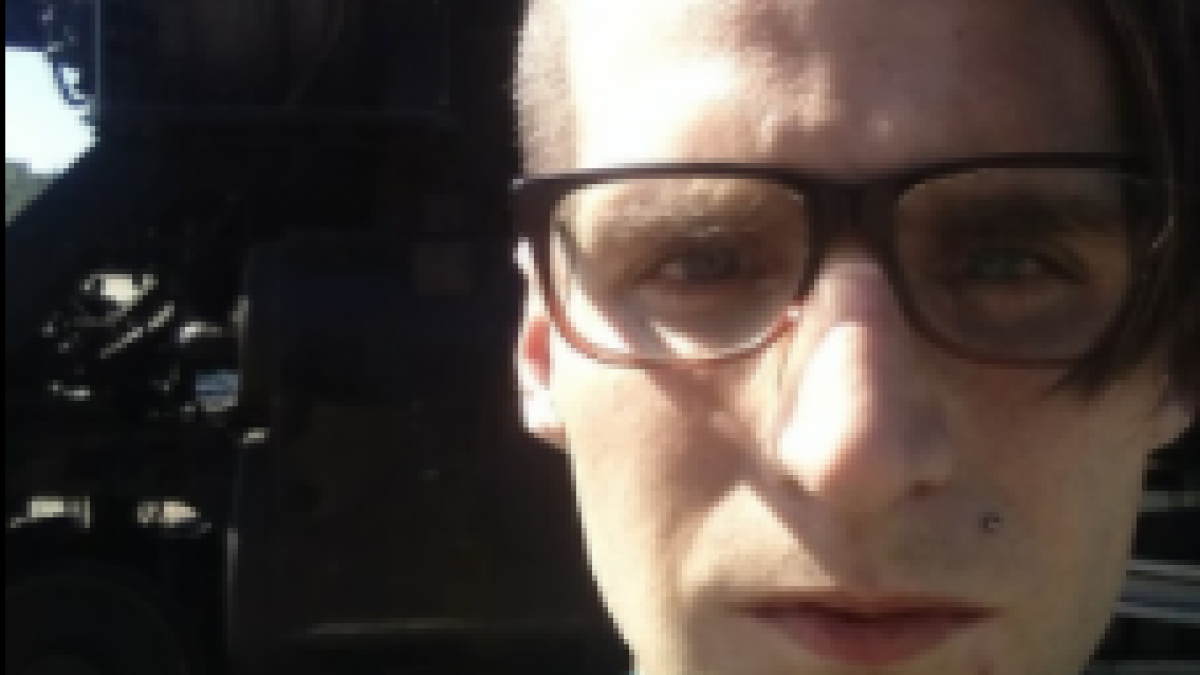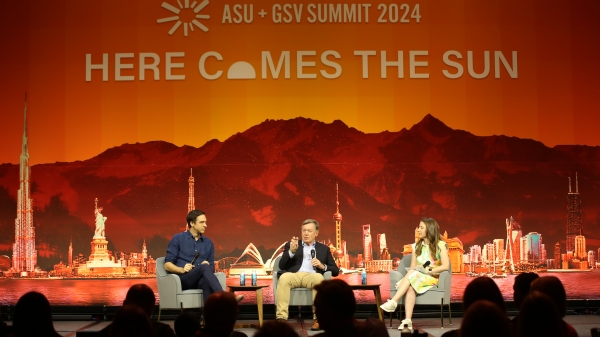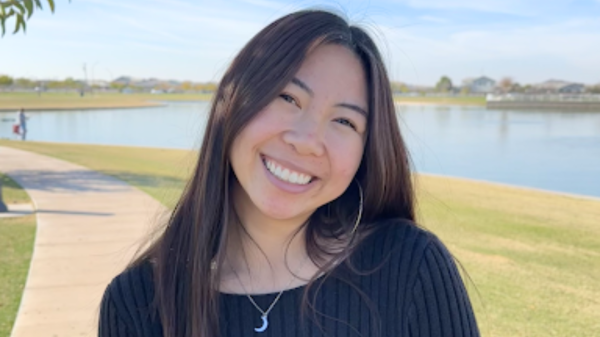A passion for learning drives undergraduate to pursue a future researching German history

Matthew Hoober is graduating with his bachelor’s degree in history and a minor in German.
Editor's note: This story is part of a series of profiles of notable fall 2020 graduates.
Matthew Hoober has always loved learning. His mother was a first grade teacher and his father was a museum director, so from a young age, he knew he wanted to pursue a college degree just like them.
He was particularly interested in history and politics and wanted to pursue a career where he could help educate the public about important issues and subjects.
As an undergraduate student, Hoober worked with history Assistant Professor Volker Benkert on a research project exploring the history of the German empire.
“The project examines the connections between German foreign policy and the internal political and constitutional development of the Reich,” said Hoober. “Working with Dr. Benkert was a fantastic experience. As the German historian on the School of Historical, Philosophical and Religious Studies faculty, he helped guide my research and my thinking about the role of foreign policy in imperial German politics. The experience also taught me a great deal about the process of historical research and the responsibilities of the historian."
In addition to working on research, Hoober helped edit Benkert’s recently published book on post-1945 German history. Hoober says the experience provided him with “invaluable experience working as a researcher in the real world.”
Hoober is graduating with his bachelor’s degree in history from the School of Historical, Philosophical and Religious Studies and a minor in German from the School of International Letters and Cultures. Here’s what he had to say about his time at Arizona State University.
Question: What was your “aha” moment, when you realized you wanted to study the field you majored in?
Answer: I began studying German history after I began researching the First World War as a college freshman. World War I was, without question, the defining event of the 20th century and the war's unresolved consequences continue to affect and shape the world we live in today. That realization, that all the most important questions in modern history ultimately lead back to 1914 was my "aha" moment. From that point forward, I knew that I wanted to study and teach the First World War.
Q: What’s something you learned while at ASU — in the classroom or otherwise — that surprised you or changed your perspective?
A: At ASU I learned the importance of networking and collaboration. It is very important for scholars to work cooperatively across different subjects and disciplines. This is something I was able to do at ASU, both with other students and with faculty.
Q: Why did you choose ASU?
A: I chose ASU because the history faculty at (the school) is full of very talented scholars who are publishing important work in their respective fields of study. History is a changing and evolving discipline and it is important to work with professionals who are actively contributing to the field.
Q: Which professor taught you the most important lesson while at ASU?
A: Dr. Volker Benkert taught me the most as an aspiring historian. But I was also able to work closely with Dr. Tobias Harper and he helped improve my research skills and expand my conception of what issues and questions historical study can help to answer. I assisted Dr. Harper with an upcoming project on the ecological impacts of empire and this taught me that historical methodology and investigation can have important applications in other disciplines. For example, the political study of the empire and the economic study of global trade can reveal a great deal about the history of biology and ecology.
Q: What’s the best piece of advice you’d give to those still in school?
A: The best advice I could give to someone still in school would be to always reach out to your professors. I have received many incredible opportunities at ASU, including helping professors with their own professional work as well as entering contests and winning scholarships and this has all been because I put myself out there and got to know my instructors.
Q: What was your favorite spot on campus, whether for studying, meeting friends or just thinking about life?
A: My favorite spot on campus was definitely the Hayden Library. I can't think of anything better than access to any book I wanted and a quiet place to read.
Q: What are your plans after graduation?
A: After graduation, I am applying to graduate school. I plan on pursuing my PhD and hope to be able to study abroad in Germany for at least a year while I work on my dissertation. My goal is to become a professor and a professional historian of modern Germany.
Q: If someone gave you $40 million to solve one problem on our planet, what would you tackle?
A: I am deeply concerned about the destruction of the environment. If I had $40 million I would decommission as many coal-burning power plants as possible and replace them with nuclear power plants. Nuclear power is the only clean and renewable technology we have that actually works. I would also invest money in the development of a thorium reactor, the next generation of entirely safe and environmentally sustainable nuclear technology. We cannot wait until solar or wind power finally become viable options, if that ever even happens. We must act now and nuclear power is the only realistic answer.
More Arts, humanities and education

ASU+GSV Summit tackles big questions about AI, technology, education
Editor's note: We'll be updating this story daily throughout the summit. The annual ASU+GSV Summit kicked off in San Diego on…

Sanford School Dean’s Medalist passionate about serving families, community
Editor’s note: This story is part of a series of profiles of notable spring 2024 graduates. Helping families and children…

Sociology student passionate about preventing domestic and gender-based violence
Editor’s note: This story is part of a series of profiles of notable spring 2024 graduates. With so many diverse career options…